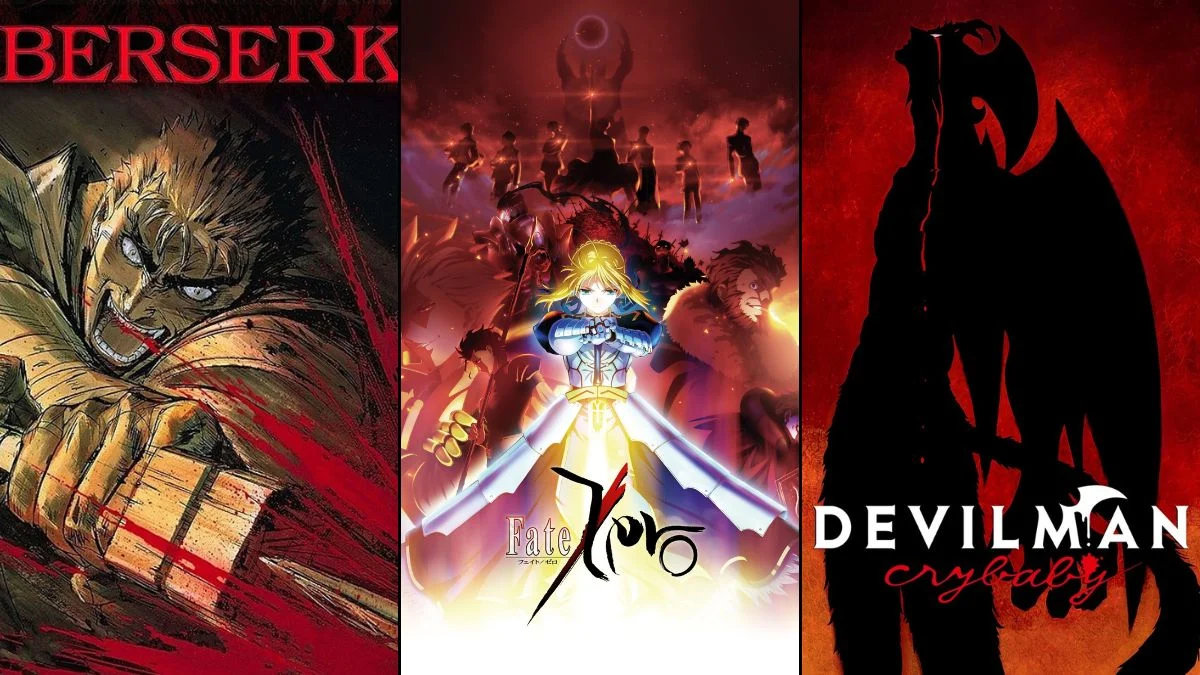
Stories can be especially impactful when the villains succeed. Anime often explores this by presenting worlds where even the hero’s strongest efforts fail, or where the problems are too big to overcome. These kinds of endings resonate with viewers because they offer a realistic look at power dynamics and the true costs of actions.
This collection features remarkable movies and series where the villain wins. For each story, we detail what the antagonist accomplishes and explain why their victory feels satisfying – or unsettling – so you’ll understand exactly how the plot unfolds in their favor.
‘Devilman Crybaby’ (2018)
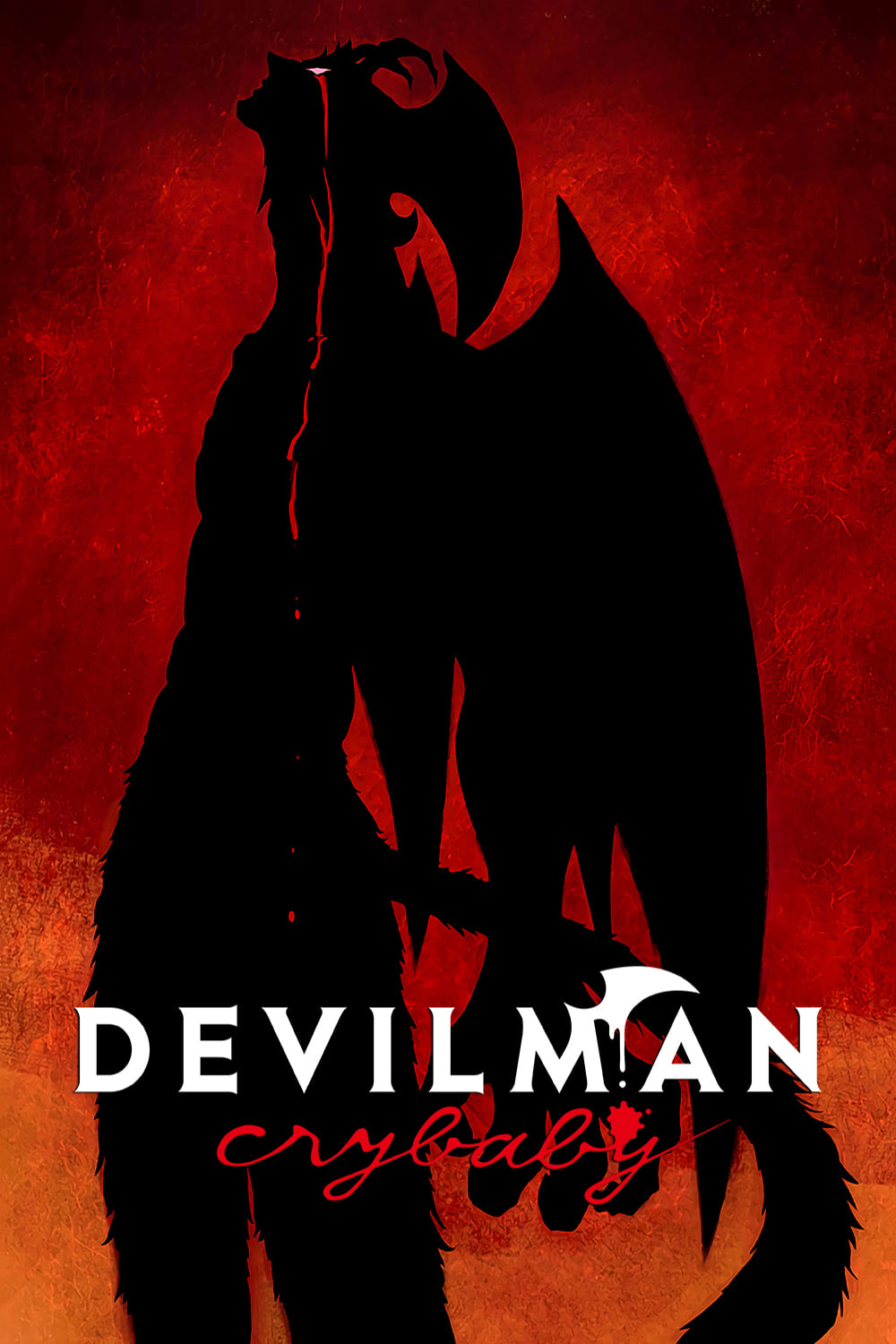
The story follows a troubled teen who unexpectedly bonds with a demon, giving him the power to combat a growing monster threat. As the conflict intensifies, it expands from local disturbances to a worldwide disaster, fueled by fear and false information that turns people against each other. Throughout it all, the teen struggles to protect those he cares about as the world descends into chaos.
A cunning villain orchestrates widespread devastation, controlling both demons and humans until all hope is lost. By the time the final battle occurs, the planet is already ruined and the outcome is sealed. The villain succeeds by exploiting grief and fear, amplifying them to an uncontrollable level.
‘Berserk’ (1997–1998)
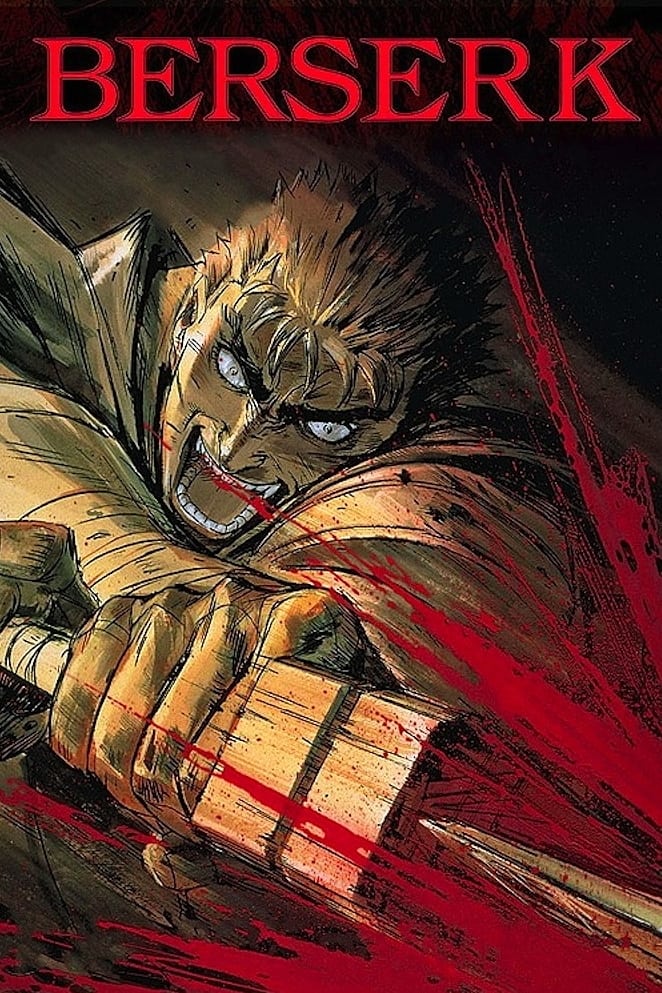
A group of skilled fighters rises to power through a combination of fierce battles and clever tactics. Their inspiring leader is the key to their success, but secretly harbors desires that go beyond friendship and devotion. As political intrigue and ancient predictions surround them, the close relationship between the three central members begins to fall apart under the strain.
At the critical moment, the leader abandons their principles and those who believed in them, making a devastating sacrifice to gain power. Dark forces embrace this choice, rewarding the leader while leaving the remaining people wounded and pursued. This establishes a new, oppressive regime with the villain in control and the hero forever changed.
‘Fate/Zero’ (2011–2012)
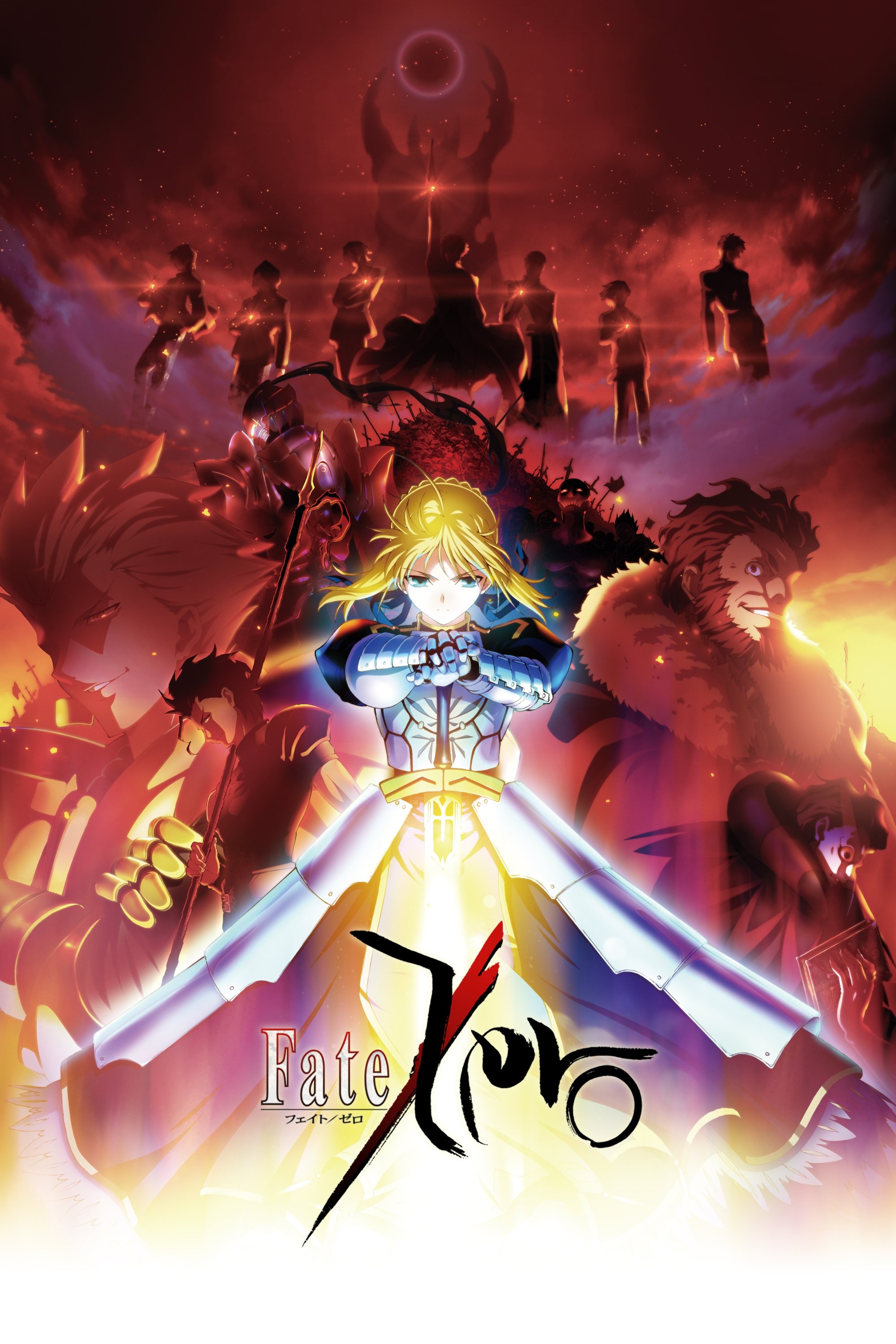
Seven powerful mages call upon ancient spirits to fight for a magical artifact that grants wishes. As they compete, their loyalties change and their beliefs are challenged, forcing them to make difficult choices. The battle pushes everyone to their breaking point, and only those who are willing to abandon their principles will survive.
A scheming priest deliberately creates a crisis, not to stop the war, but to unleash a twisted miracle. He lives through the destruction, takes control of the devastated city, and positions himself to influence future disasters. What he believes is a victory turns out to be a terrible burden, thriving on the pain of others – precisely what his enemy planned.
‘Psycho-Pass’ (2012–2013)
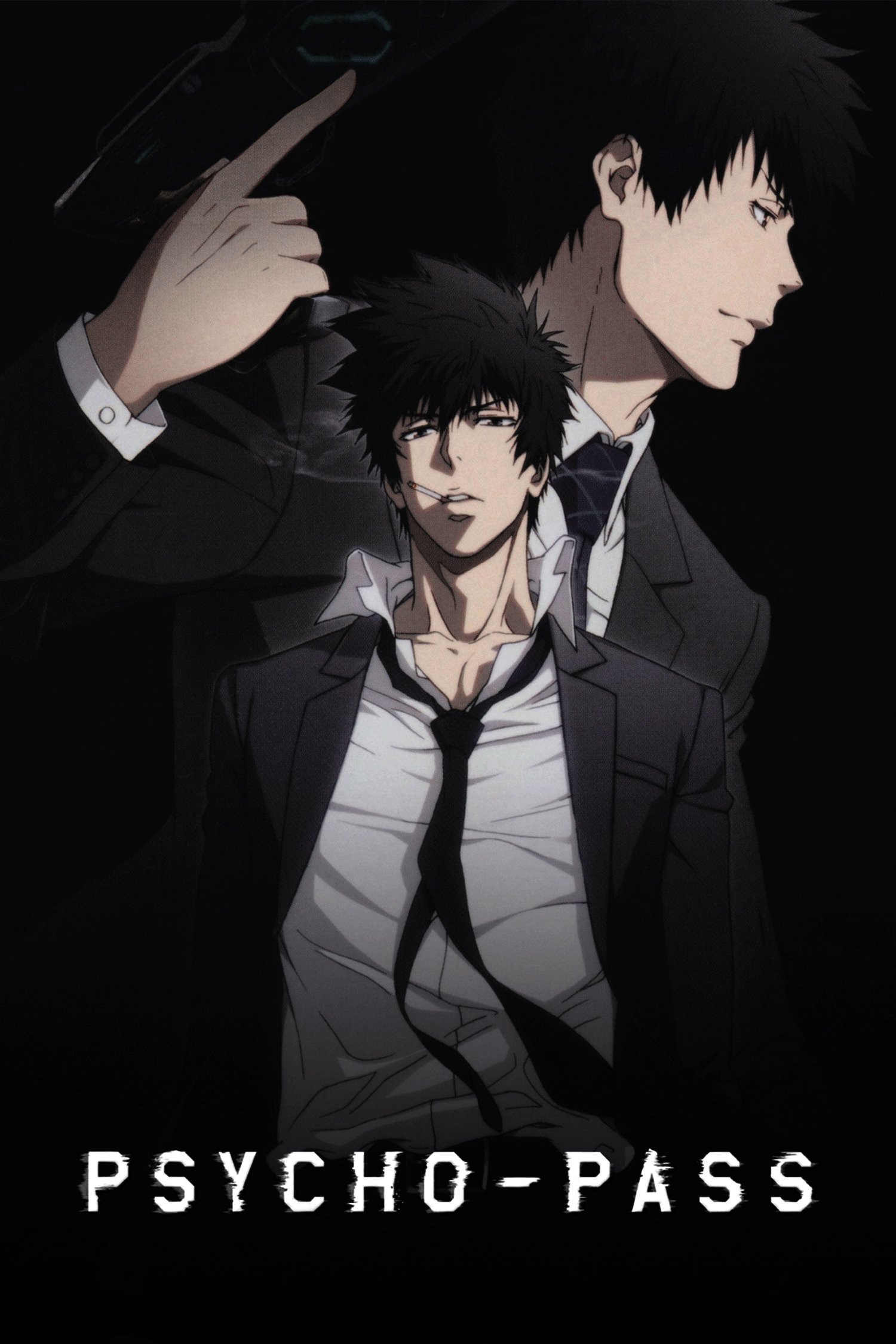
In the not-so-distant future, a system predicts who will commit crimes and uses this information to control society. Law enforcement officers track down potential threats with weapons that require computer authorization to fire. As they pursue a captivating killer, the team begins to uncover the flawed reasoning that holds this entire system together.
The true power lies with a hidden, unelected group who believe they are indispensable. In the end, the system stays in place, even with new people in charge who understand its drawbacks but continue to operate it anyway. The villain’s complaints about the system are valid, but the system itself is too deeply rooted to be destroyed, effectively ensuring things stay the same.
‘Blood-C’ (2011)
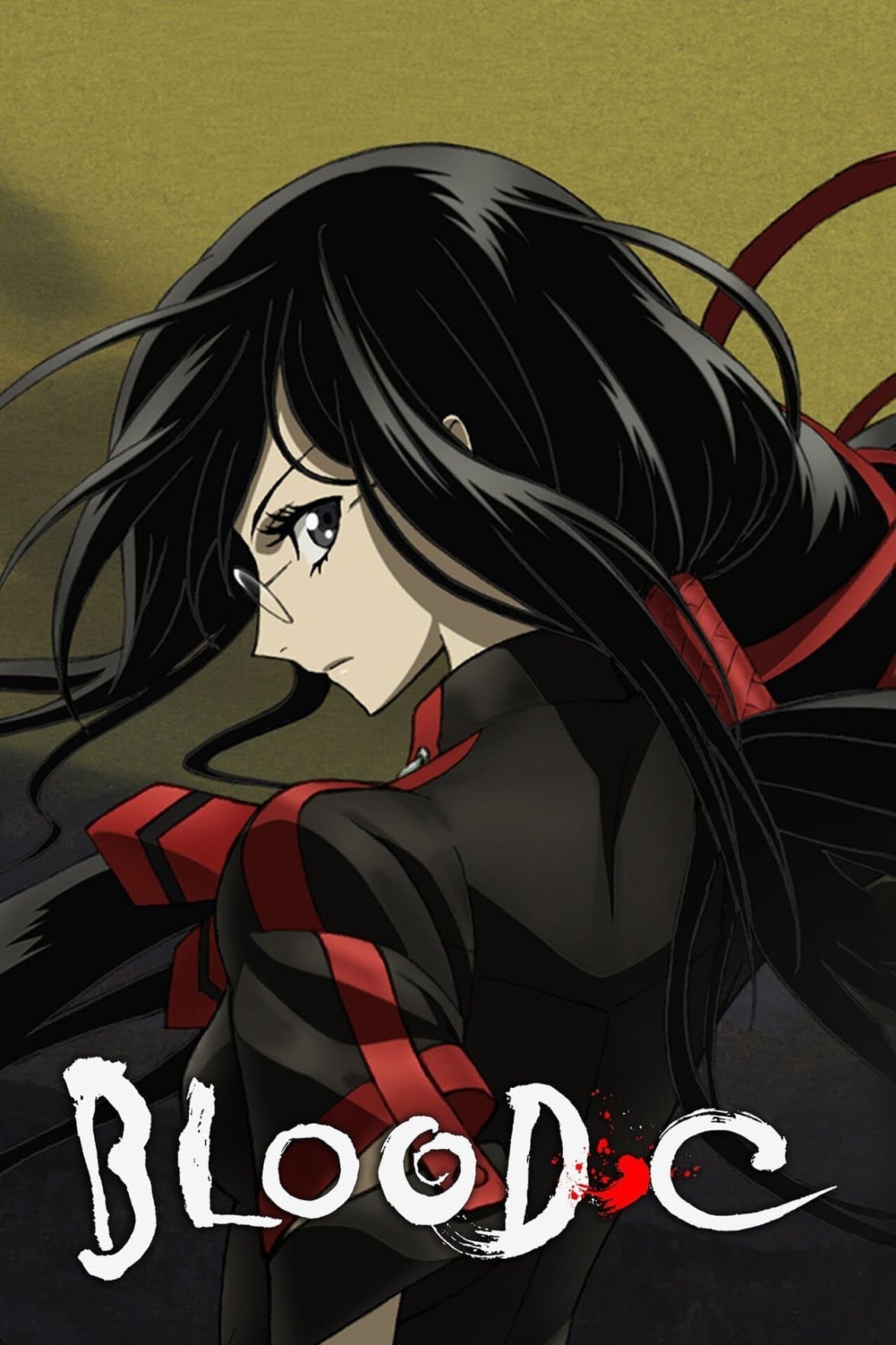
By day, she’s a typical schoolgirl, but at night, she secretly hunts monsters, guided by the rules of her experienced mentor. With each monster she fights, she uncovers more mysteries about her town, the creatures she’s targeting, and the true purpose of her mission. The evidence suggests everything isn’t as it seems, and that everyone around her might be involved in a carefully constructed deception.
The person who orchestrated everything got what they wanted, explaining the plan before leaving. The main character lived, discovered the truth, and promised revenge, but the harm was already done and the person responsible remained free and powerful. The ending firmly establishes the villain’s victory and prepares for a chase they believe they can easily win.
‘Mobile Suit Gundam 0083: Stardust Memory’ (1991–1992)
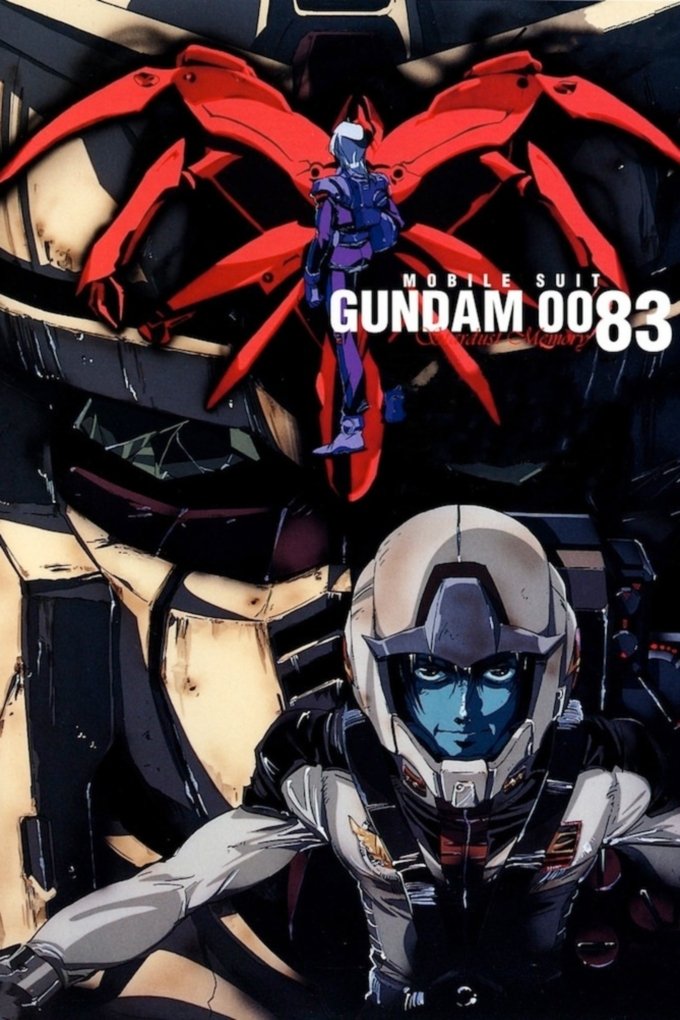
Okay, so picture this: a top-secret aircraft design goes missing, and it kicks off a seriously messy situation just as everyone’s trying to rebuild after a war. I was immediately hooked! The film follows both rookie and seasoned pilots as they race to find who stole it, but it’s not just a simple chase. There’s a lot of power-grabbing happening *within* the military itself, and it quickly becomes clear someone’s always a step ahead, manipulating everything for their own gain. Every dogfight, every confrontation, feels like a carefully planned move in a much larger game – and it’s brilliantly executed.
Although the terrorists didn’t achieve complete devastation, their limited success gives extremist groups a reason to create a harsh new government. Instead of remembering the bravery of those who fought back, people will ultimately remember the new, powerful organization that arose from the chaos. And, unfortunately, the villains’ plan to shift the global power dynamic actually works.
‘Basilisk’ (2005)

Two ninja families are locked in a deadly competition to decide who will lead. The future leaders from each family are close friends, but the rules of the contest threaten to destroy their relationship. As killings, double-crossings, and deception escalate, both families are pushed to the brink of total destruction.
After the fighting stops, the groups involved are shattered, and the person who orchestrated the conflict has eliminated a rival without putting themselves in danger. Whoever benefited from starting the trouble remains in power, and the suffering of those caught in the crossfire proves just how successful their scheme was.
‘Mobile Suit Gundam: Iron-Blooded Orphans’ (2015–2017)

Children orphaned by war create their own group and fight for a better life, determined to avoid being taken advantage of. They support an attempt to change the existing system, making agreements with powerful people who claim to want progress. Though these conflicts bring them attention, they also involve risky promises the children can’t really afford to break.
The attempt to reform the government fails, and a shrewd opponent takes control by gaining popular support and showing restraint. The defeated soldiers disperse, while the new leader establishes policies for the future. This leader succeeds not only through force, but by shaping public opinion and taking over key institutions.
‘Tokyo Ghoul √A’ (2015)
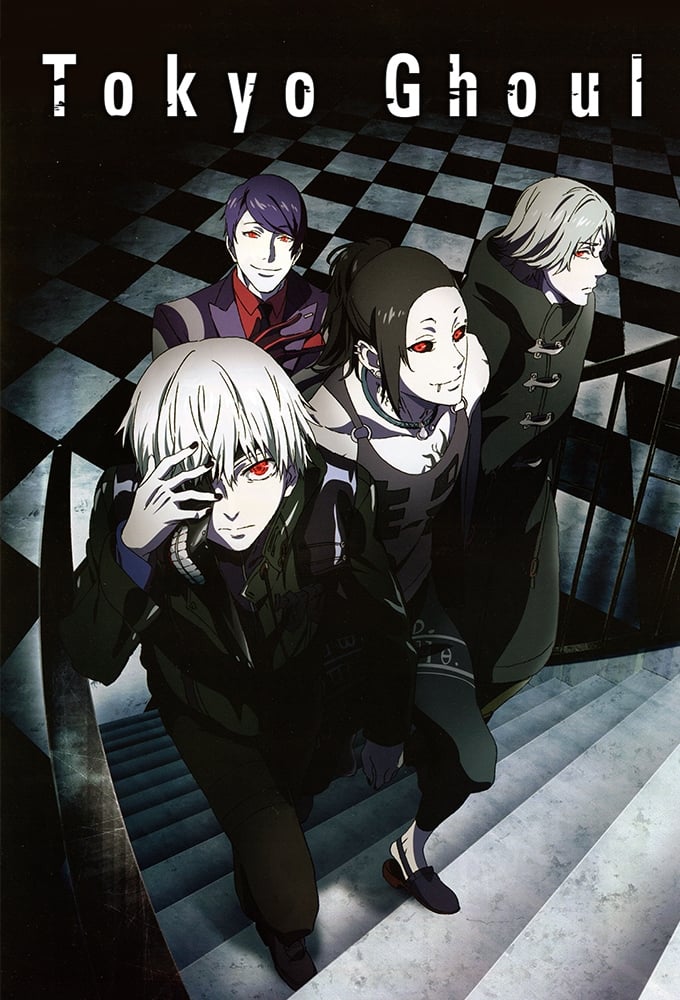
A hidden café, a haven for those on the fringes of society, finds itself targeted by authorities. Investigators escalate the situation, framing it as an all-out conflict. Caught between competing loyalties, the main character struggles until it’s too late to intervene.
The agency destroyed the safe space, setting the stage for more aggressive operations throughout the city. Remaining resistance groups and their leaders were either wiped out or taken into custody. This effectively ended any chance of peaceful coexistence and firmly established the dominance of those seeking total control.
‘Narutaru’ (2003)

When middle school students connect with strange creatures, they gain incredible powers. But this initial excitement soon gives way to pressure and conflict, as the kids start using their abilities to get revenge on each other. Meanwhile, the adults around them are desperately trying to understand what’s happening, all while keeping their own damaging secrets hidden.
The most dangerous attackers manage to launch attacks that are impossible for authorities to follow or prevent. These attacks ultimately cripple systems and embolden those responsible. The feeling that malicious actors were the first to understand how everything works is precisely what they aimed to achieve – and they succeeded.
‘Texhnolyze’ (2003)
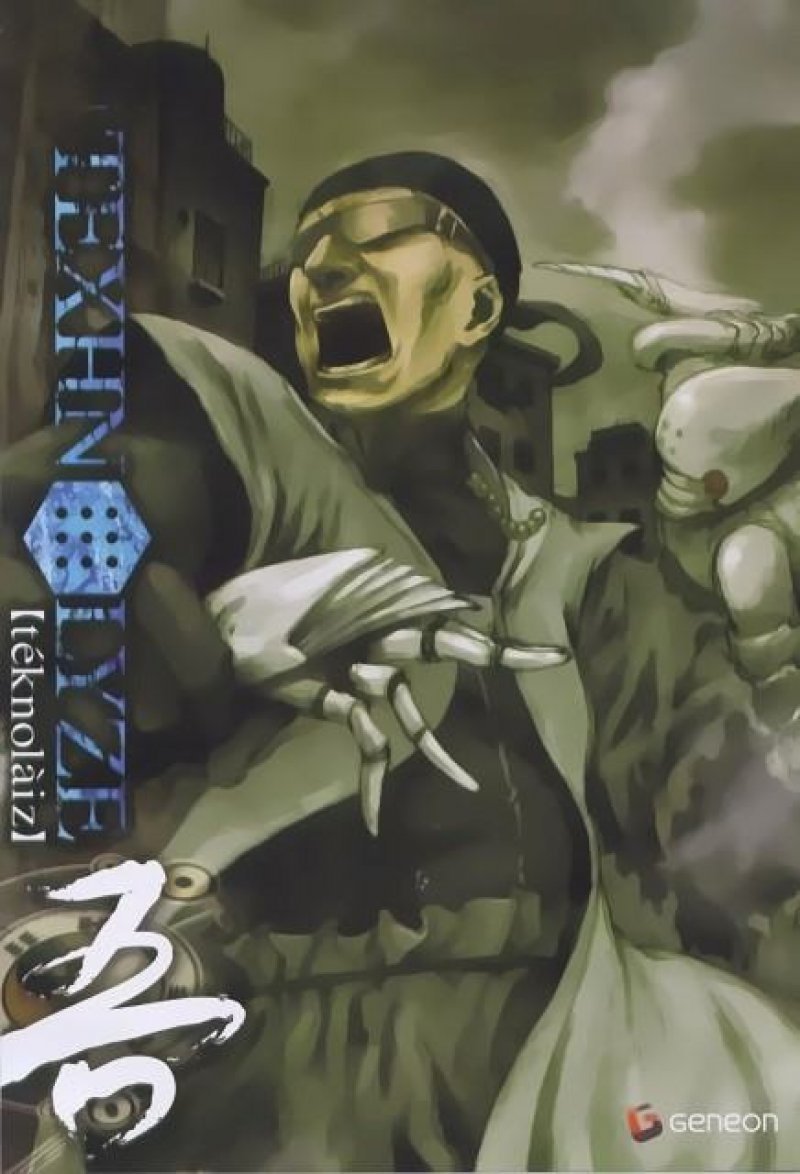
The city is crumbling, held together by illegal technology and controlled by gangs. Different groups – thinkers, criminal organizations, and religious cults – are locked in debate about whether any future is worth fighting for. Those who try to maintain a normal life are ignored, overshadowed by those who believe the only way forward is through total breakdown.
It’s a strange feeling, watching everything fall apart exactly as those who wanted destruction predicted. Order has completely crumbled, and now there’s just…silence. It’s not a triumphant victory for them, not a celebration, but a chilling confirmation of their beliefs. They didn’t build something new; they emptied everything out, and that’s exactly what they wanted all along. It’s unsettling to realize they actually achieved their goal.
‘Gantz’ (2004)
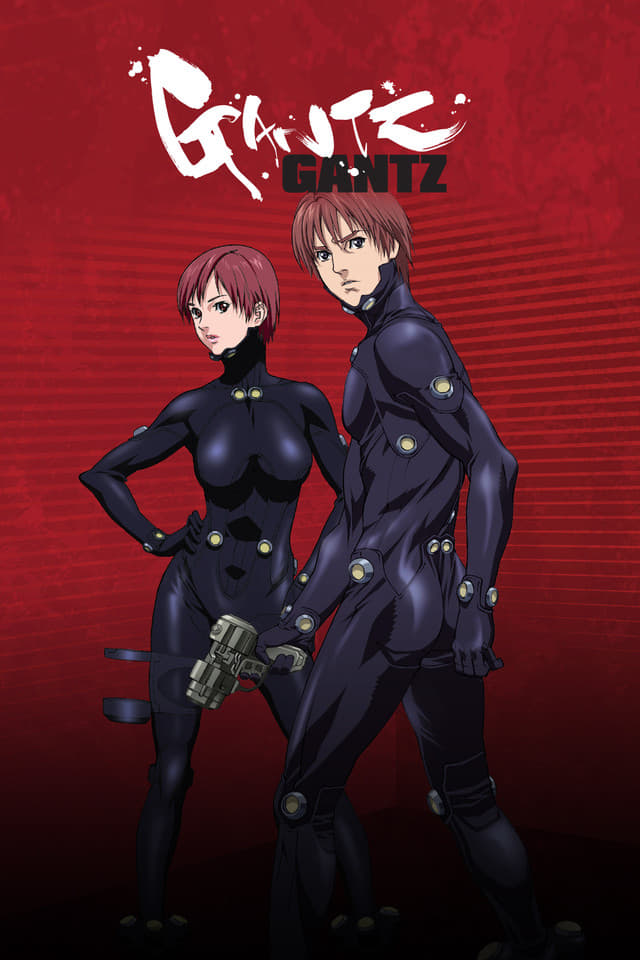
Those rescued from death are now compelled to participate in deadly hunts, controlled by a mysterious black sphere. The system encourages ruthless competition and penalizes any delay, quickly transforming allies into enemies. With each dangerous mission, they uncover disturbing truths about the organization behind it all – one that views human life as expendable.
People continue to die, and the system in control constantly restarts, bringing in new victims. While survivors may make progress, they never truly overcome the forces at play. The person or entity in charge always remains powerful, meaning that no matter who succeeds, the underlying problem persists.
‘Puella Magi Madoka Magica the Movie Part III: Rebellion’ (2013)
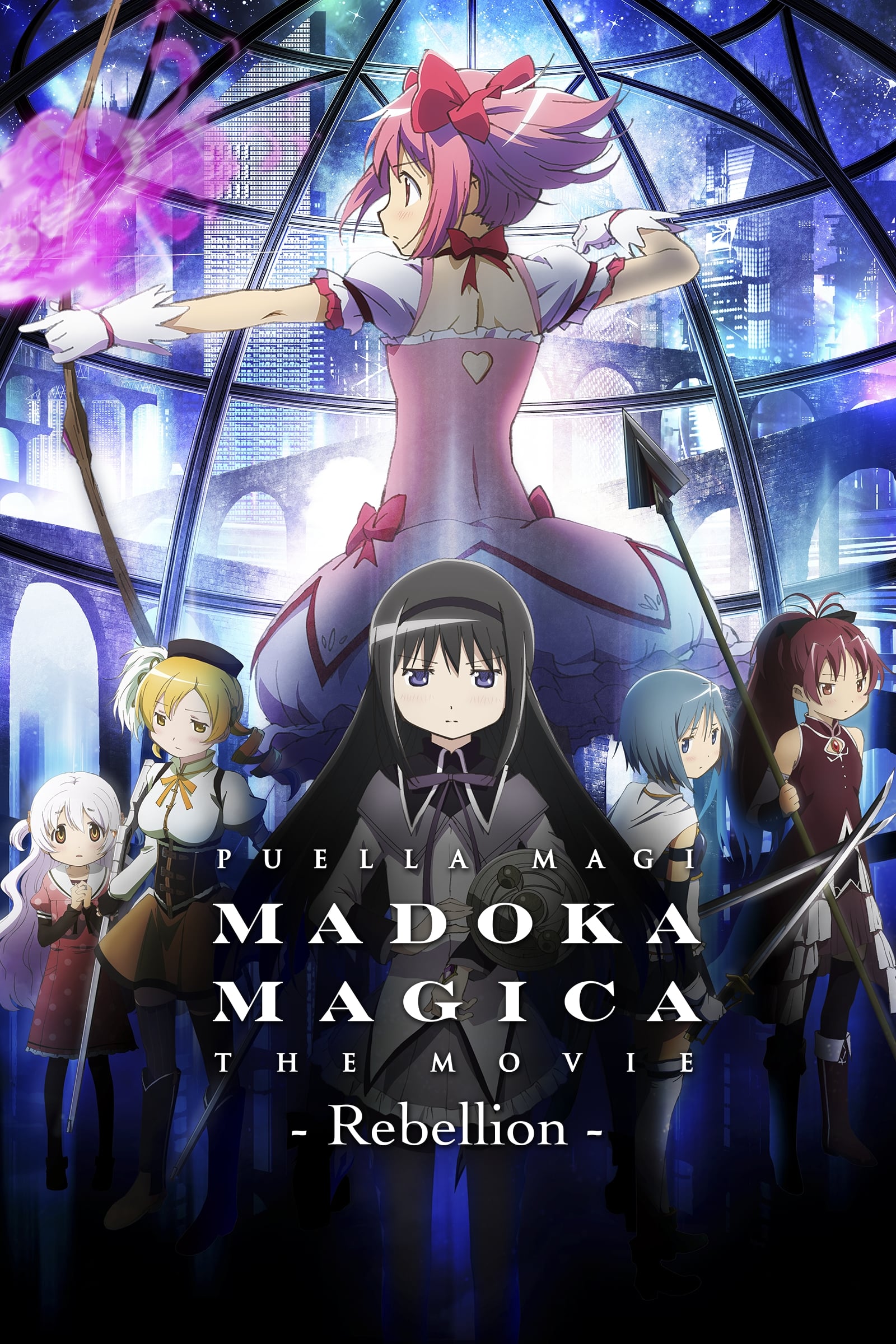
As a movie buff, I’m completely captivated by this story. It’s set in this incredibly serene city, but underneath the calm, magical girls are constantly battling these recurring enemies. It slowly becomes clear that these fights aren’t the real story – there’s a much bigger crime happening, and someone’s been manipulating memories and identities to cover it up. The mystery really unravels when one of the girls finally forces herself to confront a truth she’s been desperately avoiding.
She reshapes reality to claim her victory, distancing it from any greater power and declaring herself the ruler of a freshly created world. Her friends enjoy a manufactured peace, but at the cost of their own free will – and that’s exactly what she intended. The movie ends with her smiling, confident that everything now operates according to her design.
‘Black Lagoon’ (2006)

A low-level office worker gets involved with a group of smugglers in a city controlled by crime. Their work forces them to confront powerful cartels, hired guns, and extremist religious groups, each more influential than the last. To get by, the team makes compromises, helping dangerous people gain even more power and influence.
Stories often conclude with those in power remaining unchallenged, and frequently becoming even more influential. Cities continue to function because, ultimately, the villains achieve their goals – their actions are ‘worth it’ from their perspective. While the heroes might keep fighting, the world around them demonstrates that the villains are already in control.
‘Kaiji: Ultimate Survivor’ (2007–2008)

A wanderer gets caught up in secret, high-stakes gambling run by a ruthless company. These games are designed to take advantage of people’s minds and their financial troubles, pushing them to make desperate decisions with very little time. Even small wins trick players into taking bigger risks with even more severe consequences.
As a movie buff, I’ve noticed this pattern a lot: even when a clever character seems to beat the system, the system *always* finds a way to win. The people at the top keep raking in the profits, while the little guys just get caught up in the next scheme. It’s like the whole setup is designed to keep going, no matter what. The real winner isn’t any individual player, it’s the system of exploitation itself – it just keeps resetting and surviving, no matter how many times it’s supposedly ‘beaten’.
Share your favorite villain victory in the comments and tell us which ending shocked you the most.
Read More
- 2025 Crypto Wallets: Secure, Smart, and Surprisingly Simple!
- Gold Rate Forecast
- Brown Dust 2 Mirror Wars (PvP) Tier List – July 2025
- Banks & Shadows: A 2026 Outlook
- Gemini’s Execs Vanish Like Ghosts-Crypto’s Latest Drama!
- ETH PREDICTION. ETH cryptocurrency
- The 10 Most Beautiful Women in the World for 2026, According to the Golden Ratio
- Gay Actors Who Are Notoriously Private About Their Lives
- 9 Video Games That Reshaped Our Moral Lens
- Uncovering Hidden Groups: A New Approach to Social Network Analysis
2025-10-07 13:18